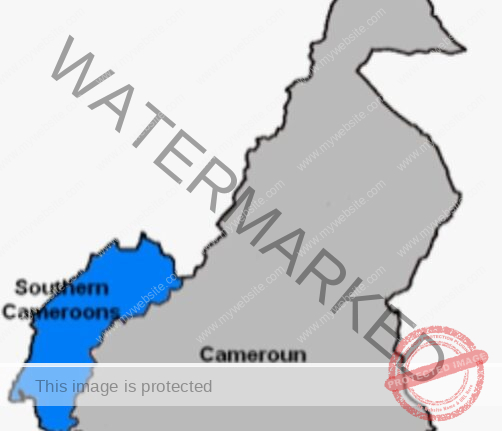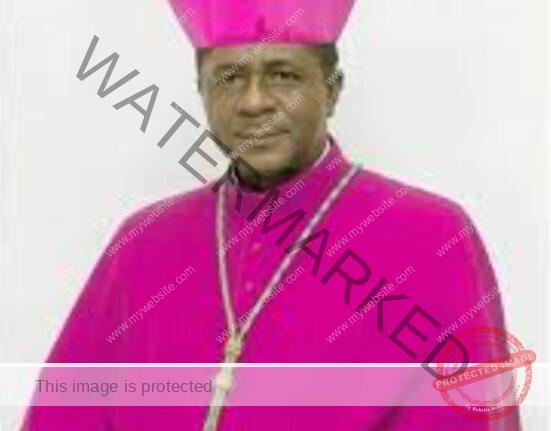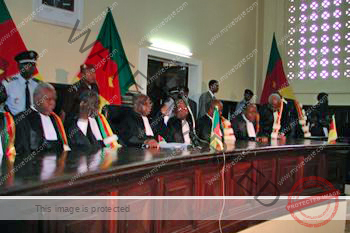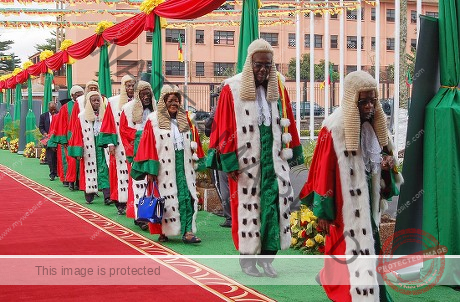Paul Biya, the “Best Student” of a Colonial System that Does Not Change but Consumes
By the Independentist Editorial desk
Since Paul Biya assumed power in 1982, Cameroon has been ruled by a highly centralized political system anchored in the ideology of Communal Liberalism. While promoted as a form of participatory governance, many observers and citizens—especially from the former British Southern Cameroons—view it as a sophisticated mechanism of control. Under this model, the promise of unity has repeatedly masked a reality of assimilation, marginalization, and political repression.
Over the decades, those who have dared to resist this system—whether through politics, civil service, military courage, or even symbolic defiance—have often paid a devastating price. Their fates offer valuable insight into the structure of power in Cameroon, and why many in the Ambazonian movement now believe that participation in the electoral process of La République du Cameroun is not a step forward, but a betrayal of their national survival.
Foncha and the Illusion of Federation
John Ngu Foncha, Prime Minister of West Cameroon and later Vice President of the Federal Republic of Cameroon, initially believed in a united Cameroon based on mutual respect and federal equality. However, the federation he co-authored quickly morphed into a centralist state. Disillusioned, Foncha resigned from politics and later petitioned the United Nations to revisit the Southern Cameroons’ status. He died a quiet dissenter.
A symbolic story circulates to this day: that at his burial, the official coffin provided by the state was too short, and his legs had to be forcefully adjusted to fit. Whether apocryphal or real, the tale has become part of Ambazonian memory—a metaphor for how the system treats those who question it.
Fru Ndi and the Hijacked Democratic Experiment
John Fru Ndi, founder of the Social Democratic Front (SDF), galvanized hope in 1992 when he stood against Paul Biya in the country’s first multiparty election. Many believe he won that election. But instead of a peaceful transfer of power, Fru Ndi was placed under house arrest, while his supporters were met with lethal force.
In the years that followed, Fru Ndi was courted by the very system he once opposed. French interlocutors invited him to Marseille. While publicly described as diplomatic engagements, critics suggest these trips were part of a soft strategy to neutralize opposition leadership. Eventually, the SDF joined national institutions, and Fru Ndi lost the trust of much of the Ambazonian diaspora. He died in 2023, entombed in concrete—perhaps for preservation, but also raising questions about legacy and closure.
Senator Henry Kemende: A Silenced Voice
In January 2022, Senator Henry Kemende, an outspoken legal mind and opposition politician from the Northwest Region, was gunned down in broad daylight in Bamenda. He had been vocal in challenging the state’s approach to the conflict in the Anglophone regions and often criticized the central government’s refusal to engage in genuine dialogue. His assassination sent a chilling message: even official titles offer no protection when one defies the political orthodoxy.
Joseph Wirba: The Parliamentarian Who Fled for His Life
In 2016, Hon. Joseph Wirba, a member of parliament from Bui, rose in the National Assembly and denounced the marginalization of the Anglophone population in fiery terms. His speech echoed across the nation, but so did the consequences. Shortly after, he was forced into hiding, facing threats to his life. His temporary escape to exile became a symbol of just how perilous it was to speak truth in the chamber of power.
Stephen Tataw and Captain Victor Timoh: National Heroes, Abandoned
Captain Stephen Tataw, who led Cameroon’s national football team to the historic quarterfinals at the 1990 World Cup, remains a legendary figure. Yet after the applause faded, Tataw—an Ambazonian—slipped into poverty and neglect. Despite his contributions to national pride, he received little support in his final years. His death in obscurity reflects the tragic pattern of national disregard for those from the former Southern Cameroons.
Similarly, Captain Victor Timoh, an Ambazonian pilot for Cameroon Airlines, once risked his life to save others during a crash incident. Yet the state failed to honour or compensate him. His retirement was marked not by celebration, but by abandonment.
The French Connection: Biya, the “Best Student” of Colonial Strategy
Few know that Paul Biya’s rise to power was not just bureaucratic, but deeply strategic. As a student in France, Biya reportedly worked closely with French intelligence services, tasked with monitoring anti-colonial movements like the UPC and even spying on President Ahmadou Ahidjo. When Ahidjo eventually fell out of favour, he was swiftly removed from the scene. His exile and mysterious death in Senegal have long been the subject of speculation.
French President François Mitterrand once called Biya “le meilleur élève” (the best student)—a reference not to academic achievement but to Biya’s unwavering loyalty to French post-colonial interests. His governance has, in many ways, served as a prototype of neo-colonial stability—keeping Cameroon aligned with French geopolitical goals, often at the expense of internal equity and justice.
Dr. Sako’s Warning: Elections Are Not a Solution—They Are a Trap
President Dr. Samuel Ikome Sako, head of the Federal Republic of Ambazonia, has repeatedly warned that elections under the current regime do not offer hope, but rather serve as instruments of assimilation. In his words:
“To vote under occupation is not democracy. It is the performance of submission. A people cannot be free and enslaved at the same time.”
Dr. Sako believes that every Ambazonian who participates in elections organized by La République du Cameroun strengthens the very system that has stripped their communities of rights, resources, and recognition. He advocates instead for a political, legal, and spiritual separation—a complete break from the system of domination.
Conclusion: The System Does Not Change—It Consumes
From Foncha to Fru Ndi, from Wirba to Kemende, from Tataw to Timoh—the evidence is overwhelming: those who challenge the status quo either disappear, are destroyed, or are dishonoured.
But their resistance lives on.
As Cameroon heads into yet another electoral season, Ambazonians are not simply being asked to cast votes. They are being asked to forget, to forgive, and to fall in line—despite decades of erasure.
History demands a verdict.
Not from Yaoundé. Not from Paris.
But from the people of Ambazonia—who must now decide whether to repeat the cycles of betrayal, or finally walk the long road to freedom.
Independentist Editorial desk





















Leave feedback about this